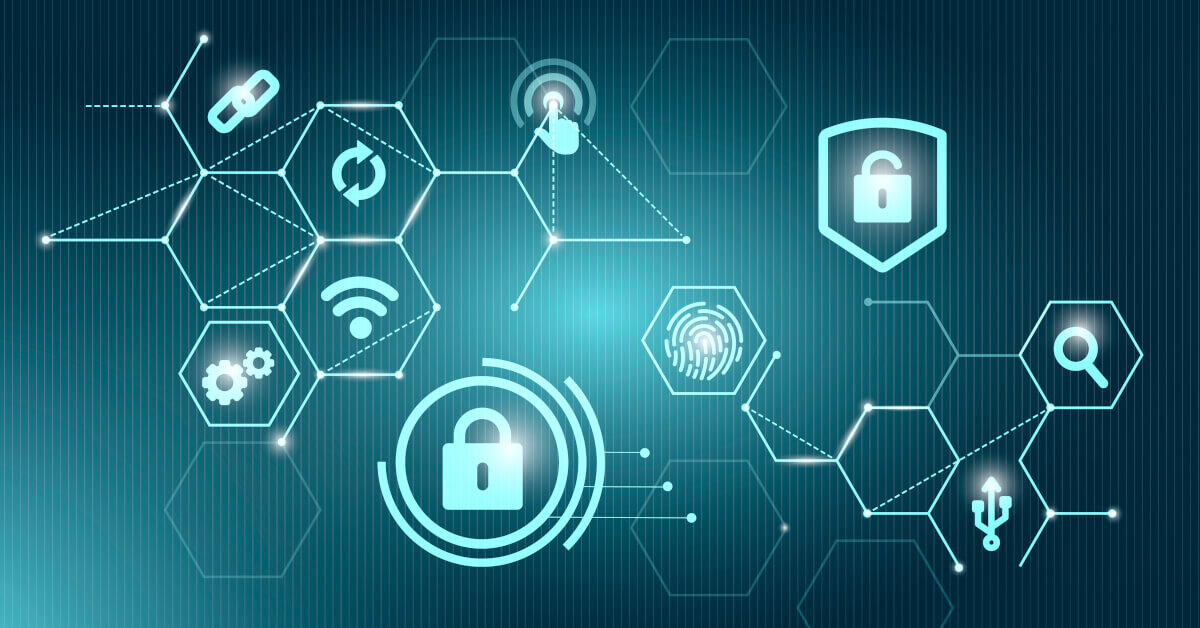
Supply chain cybersecurity and resilience is vital to every economy. That is why there is an urgent need for stronger security measures in the supply chain. You can safeguard against cyber-attacks and building resilience in your supply chain.
Cybersecurity needs to occur at every stage of the supply chain with every employee. Organizations should go far beyond simply installing anti-virus software on company computers. You might begin by analyzing the vulnerabilities in the supply chain and how you can control the risks.
Vulnerabilities in Supply Chain Cybersecurity
1. Physical and Digital Vulnerabilities
In the digital era, the line between crime in the real and virtual worlds is severely blurred, so these risks need to be taken just as seriously as any physical security measure would.
The key risks faced by the supply chain occur at several levels. They can happen in the physical world such as access to server rooms or hardware embedded with malicious software.
2. Suppliers and Business Partners
Organizations need to be aware of every third party they interact with throughout the supply chain from contracted maintenance companies to suppliers.
Anyone with access to the organization’s network or systems can be a risk. The security of all suppliers and partners directly affects the organization, as well. Compromised payment data will put your customer’s information at risk.
3. Software and Remote Working
Software remains a compelling security risk, especially for organizations operating remotely. Any employee interacting with the company’s data or network needs to have ample security software installed on their devices. Workers’ security knowledge also poses a risk, which is evident in the previously mentioned rise in phishing attacks.
One of the most effective ways to stay safe while implementing remote working is to implement cybersecurity solutions such as Symphony File Secure. Such a File Scanning Solution will provide a necessary security layer for your operations by automating file scans for all attachments loaded to your company software in all formats for malware, viruses, trojans, worms, spyware, local backdoor Trojans, remote access Trojans, backdoors and more.
5 Approaches to Build Resilience in your Supply Chain
The risks and vulnerable state of the global supply chain might make it intimidating to approach risk management. However, you can safeguard against cyber-attacks and building resilience in your supply chain. Here are 5 approaches every company in the supply chain should consider implementing to build resilience.
1. Risk Assessment
Many organizations are simply not aware of the scope of the danger and the actions they can take in response. The first step is to complete a thorough risk assessment. This analysis should look into every level of the organization, from physical security to the individual cybersecurity of each employee.
2. Governance and Partnership
Next, it is important to study the safety measures in place at other levels of the relevant supply chain. Consider contacting suppliers or scheduling a meeting with representatives to discuss security and risk management methods, which everyone will benefit from. The supply chain is only as strong as the link with the weakest cybersecurity and risk management policies.
3. Software and Technology
After thoroughly identifying risks, the next step is to put strong security measures into action. Technology can help cover this ground.
- File Secure – Cybersecurity threats are rapidly increasing, and you need to be proactive about protecting your sensitive data. File malware scanning is one of the most effective ways to stay safe. A File Secure Software such as Symphony File Secure will automate file scans for all attachments loaded to your software in all formats for malware, viruses, trojans, worms, spyware, local backdoor Trojans, remote access Trojans, backdoors, and more. This will improve your operational efficiency by reducing steps for staff to separately scan files before upload and alert you to potential threats and malware immediately and track previous scans.
- Two-Factor Authentication (2FA) – Passwords alone do not provide enough protection to secure your online bank account or social media accounts, as we’ve seen in recent leaks and attacks. Two-factor authentication (2FA) offers an extra layer of security, and this has become a standard feature for all modern Logistics Software, including Symphony.
- AI Artificial intelligence (AI) is a valuable tool for improving resilience withinthe supply chain especially when it comes to cybersecurity. AI solutions function like 24/7 virtual security guards. They often use pattern recognition and data collection to rapidly identify anything out of the ordinary such as cyber intruders.
4. Training
Consider implementing a company-wide cybersecurity training program, as well, and make sure all personal devices have updated, reliable security software installed.
5. Policy and Strategy
Many organizations even have a dedicated cybersecurity officer to professionally oversee the implementation of all security strategies.
Resilience and Security in the Supply Chain
Organizations within the supply chain must take an active, focused approach to cybersecurity to avoid malicious and crime-related delays, data breaches, and financial losses.
The situation may seem dire, but companies can keep digital attackers from rattling the global supply chain by fortifying their defences.
Find out more about Symphony Business Integration Solutions here and Connect with us on our Facebook Page


